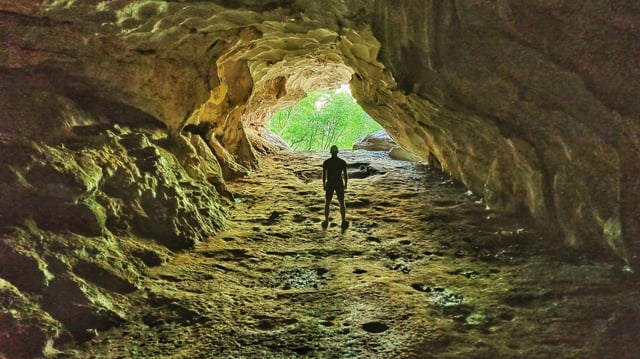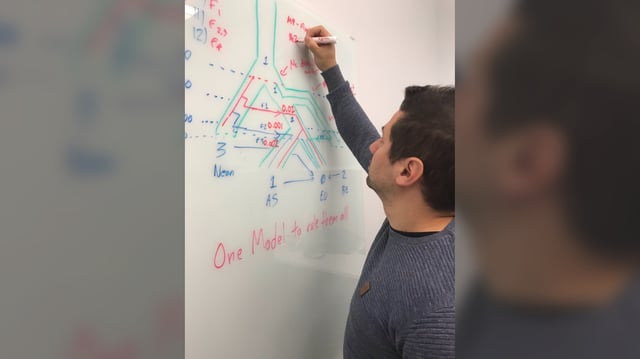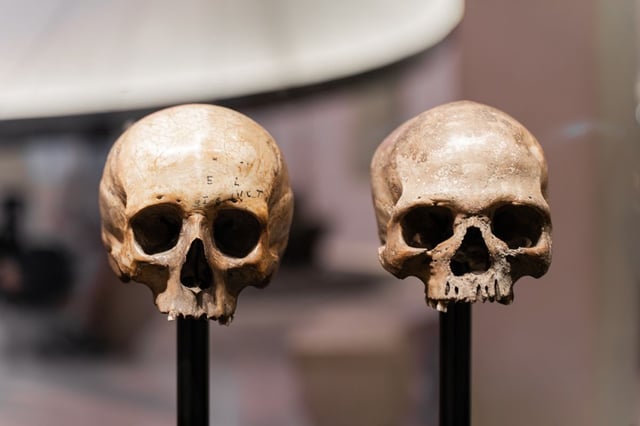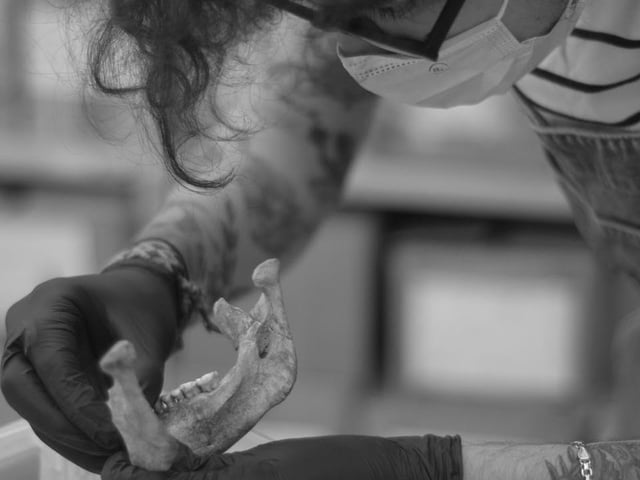Overview
- Researchers report that about one in three people of Mexican ancestry carry a Denisovan-derived MUC19 segment, compared with roughly 1% in Central Europeans.
- The Denisovan segment appears flanked by Neanderthal DNA, indicating a multi-step introgression before entering modern human genomes.
- Analysis of genomes from Mexico, Peru, Puerto Rico and Colombia found the variant at around 20% in Peruvians and near 1% in Colombians and Puerto Ricans.
- MUC19 encodes a mucin involved in mucus production and immune protection, though its specific functions in humans remain incompletely understood.
- The peer-reviewed Science paper frames the apparent frequency pattern as a hypothesis of adaptive introgression and outlines plans for functional and health-focused follow-up studies.



